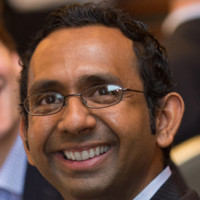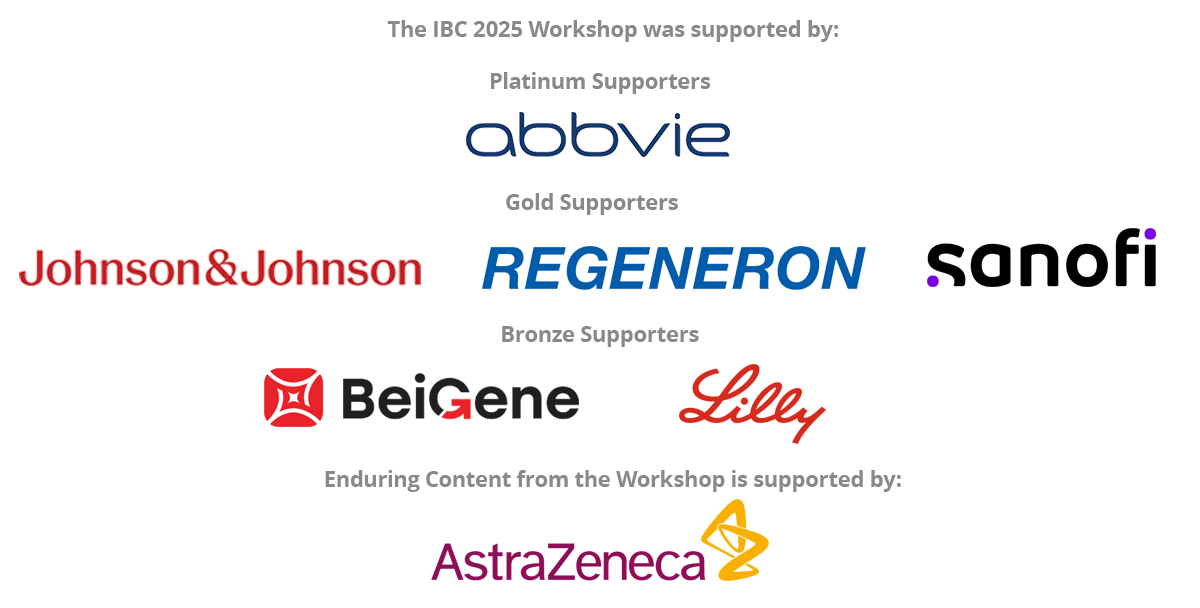Educational content on VJHemOnc is intended for healthcare professionals only. By visiting this website and accessing this information you confirm that you are a healthcare professional.

IBC 2025
The 3rd Intercepting Blood Cancers (IBC) Workshop was held in Nice, France, on March 13-15, 2025. This workshop brought leading experts together to share insights into precursor conditions and early interventions in blood cancers.
The Intercepting Blood Cancers 2025 Workshop was supported by AbbVie, Johnson & Johnson, Regeneron, Sanofi, BeiGene, Eli Lilly & Company, and enduring content from IBC 2025 was supported by AstraZeneca. Supporters have no influence over the production of content.
Plenary session 1: Classification




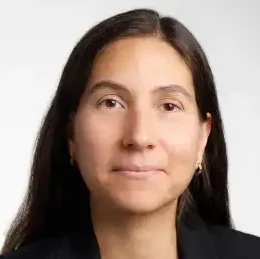
Plenary session 2: Early detection, screening & risk stratification



Plenary session 3: To treat or not to treat?

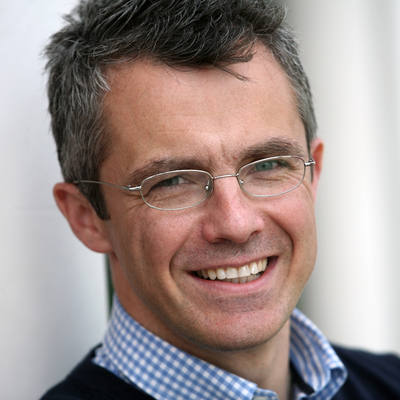
Plenary session 4: Designing pre-cursor clinical trials





Plenary session 5: Defining response criteria


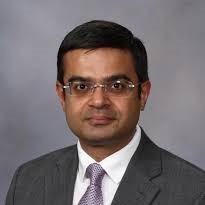
Plenary session 6: Latest from clinical trials I


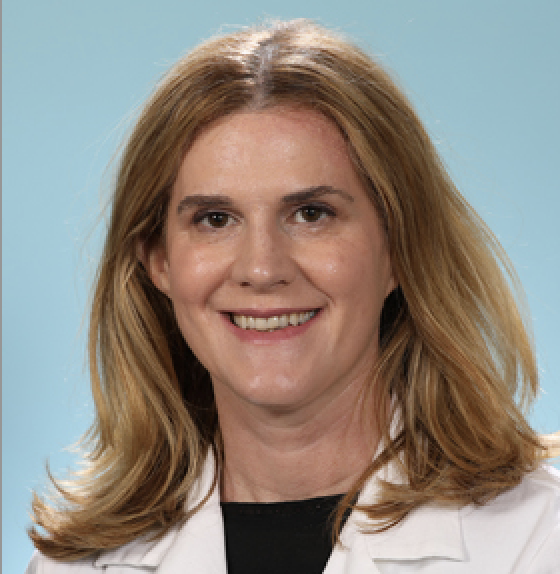
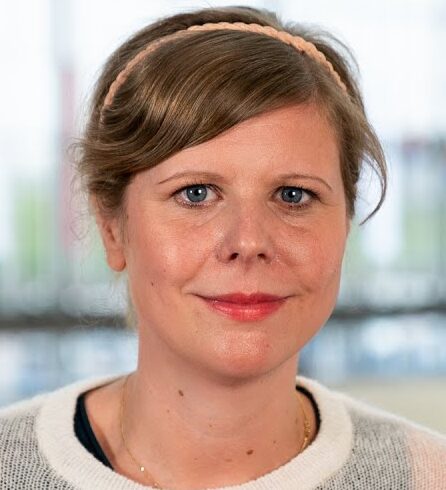
Plenary session 7: Latest from clinical trials II


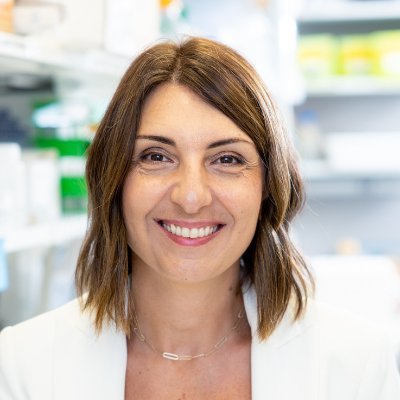
Multiple myeloma/SMM/MGUS track





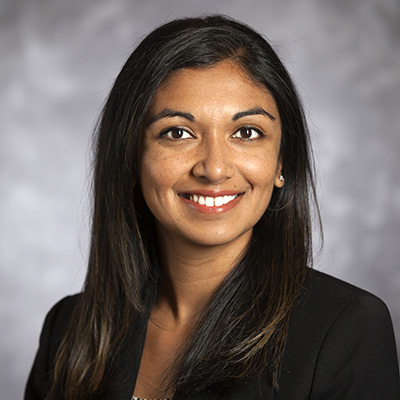




CHIP/CCUS/MDS/AML track




CLL/MBL/Lymphoma track

